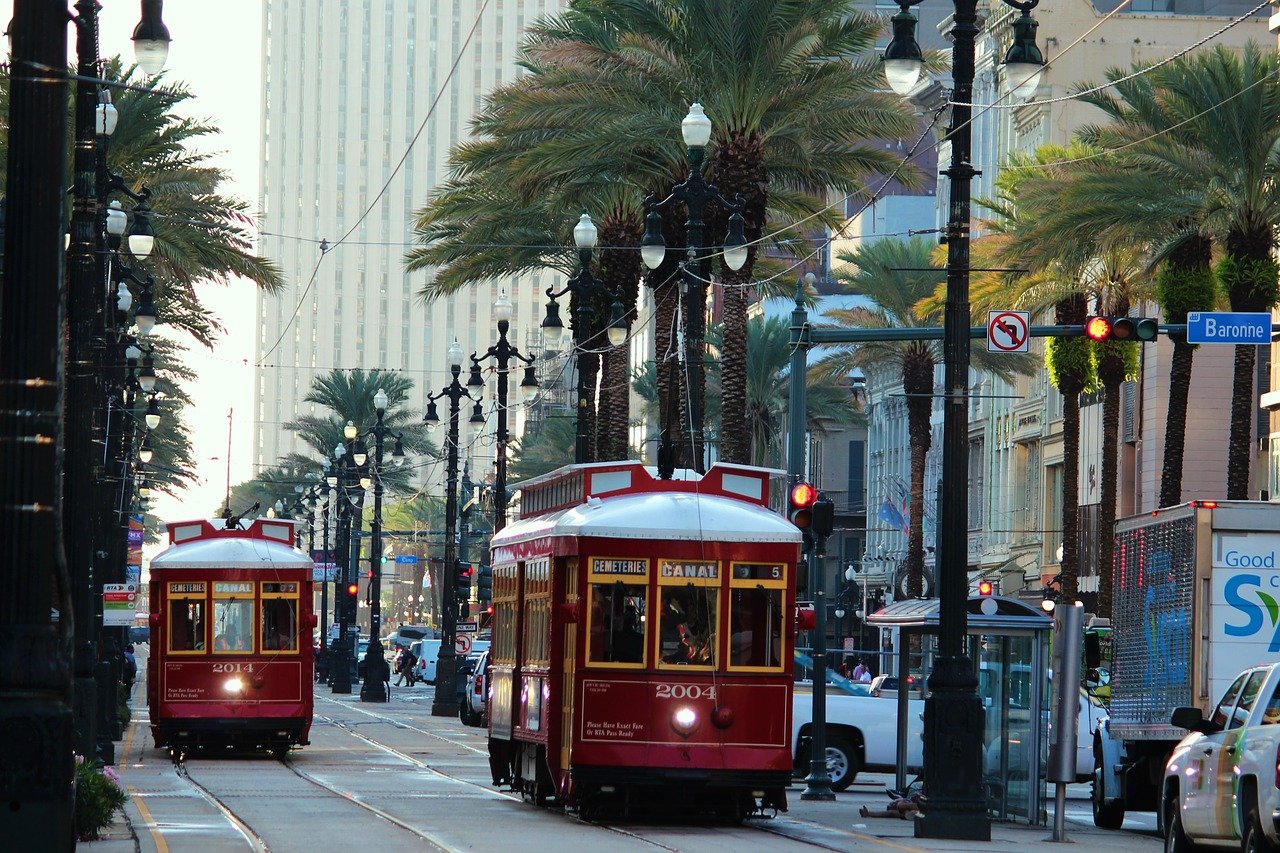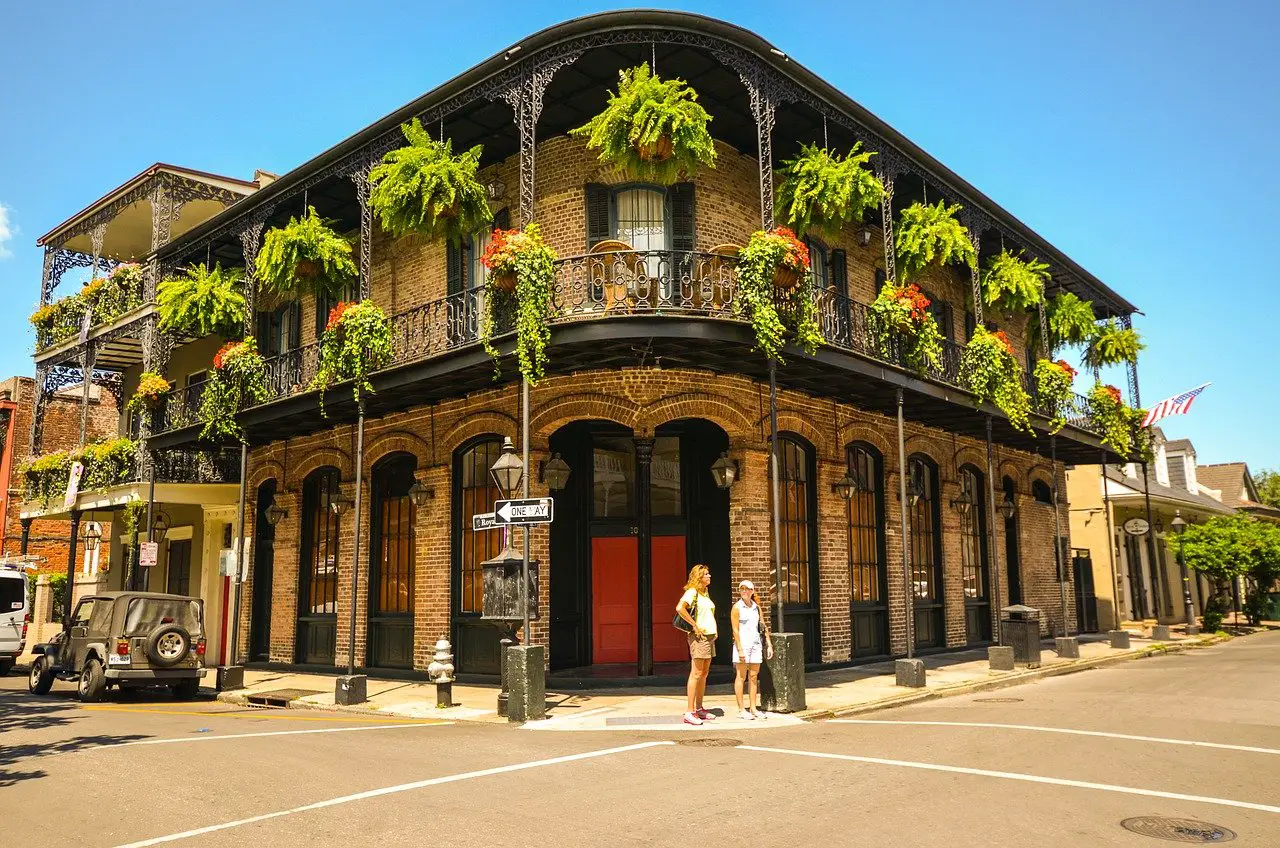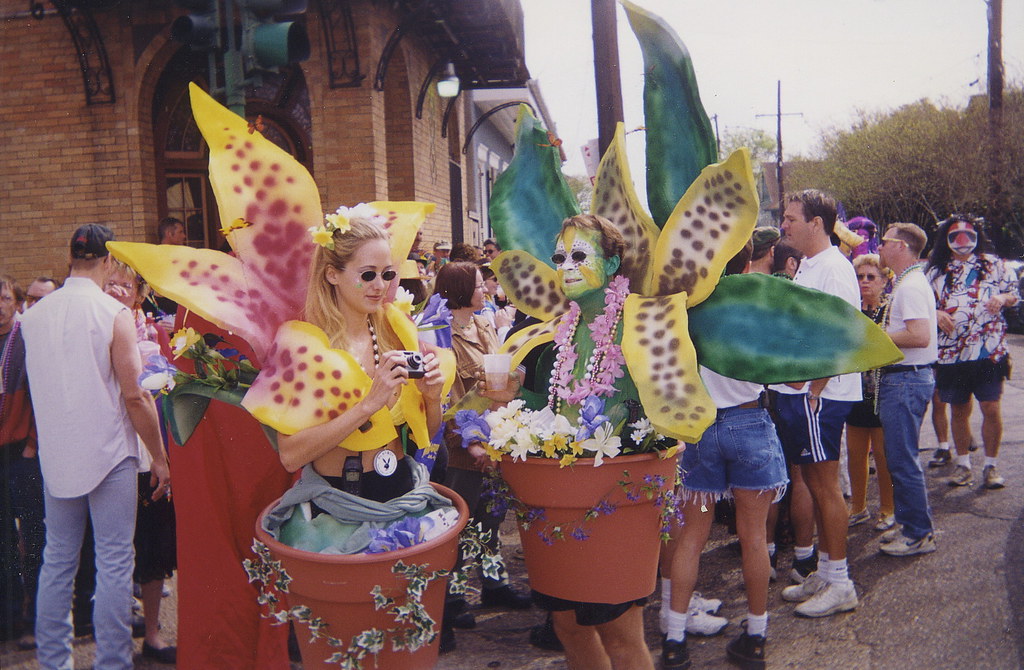What is “The Big Easy”? The official name of the city of New Orleans comes from Orleans, a city in France, which was named after its Duke, Phillippe Duc D’Orleans. But did you know that the city has other names such as “the crescent city”, “the city that care forgot”, “America’s most interesting city”, “chocolate city”, “chopper city” and many more? It is known for its nightlife, and bustling streets, and the cuisines inspired by the American, African and French cultures. The people of this city in the state of Louisiana swear by stress-free lifestyle. They are relaxed, laid back, and believe in enjoying life, rather than frantically running around all the time like the rest of the world. This is what has earned them their most popular nickname of “The Big Easy”.

New Orleans’ sobriquet was coined by a gossip columnist named Betty Guillaud in the 1960s where she compared the lives of people living in New Orleans or “The Big Easy”, and New York or “The Big Apple”, where people were always in a hurry to get somewhere.
New Orleans has a vibrant ambiance and is always hosting musical events. A lot of these events are jazz-based, and the city’s doors are always open to struggling artists and aspiring musicians. The city was known as a national haven for jazz performers in the twentieth century. There were countless venues for performances, and people could easily get gigs and make a living. Many people argue that the “ease” of being able to perform jazz in New Orleans is what earned it the title of “The Big Easy.”

There is a third theory about the origin of the nickname. During the “Prohibition” period in the US from 1920 to 1933, alcohol production, consumption, transportation, sale, and import was banned nationwide. But New Orleans, being the mighty-spirited city that it is, imported foreign liquor illegally and continued its consumption. A few daredevils also managed to discreetly sell some of it and there were signs put up by the barkeepers that read,” A wink will get you a drink if you are known to the ‘House.’ People would fill up hip flasks and sip a drink or two while loitering on the roads. This care-free and letting loose attitude might have earned the city the title of “The Big Easy.”
This is not all. Another popular belief behind the city in mention having its appellation is the famous crime novel written by James Conaway in 1970, “The Big Easy.” The novel is based on a police officer’s adventures through New Orleans and explores scenes involving drugs, racism, and other crimes. The story was later adapted into a movie in 1987, starring Ellen Barkin and Dennis Quaid and became a blockbuster. The title of the book eventually stayed on everyone’s lips and became a byname. According to the author, when he worked for Times-Picayune as a police reporter, he overheard two policemen talking one night and happened to use the phrase “The Big Easy.” This became the inspiration for the title of his next book.
Mardi Gras at The Big Easy
New Orleans, or “The Big Easy” is a city worth visiting if you want to experience freedom in the real sense. There is no restriction on drinking in public places, and you can roam around in a happy and tipsy mood. The party scene will enchant you and you will never want to leave. You must try to visit around the time Mardi Gras happens. Mardi Gras is an annual carnival that witnesses people dressed up in raucous costumes and parading all around the city. With countless street parties and partygoers everywhere, the city never sleeps during this time. The carnival truly embodies the festive spirit of the city that is New Orleans.

It is possible that one of the theories of the origin of “The Big Easy” is correct. But if we are to adhere to the real spirit of the people, who cares? Maybe it was one theory, or perhaps it was a combination of all the factors that influenced all the different opinions. What is essential is that the city of New Orleans teaches one to live in a way that is fun, relaxed, care-free, merrymaking, despite all the troubles, issues, and hassles of the phenomenon called life.